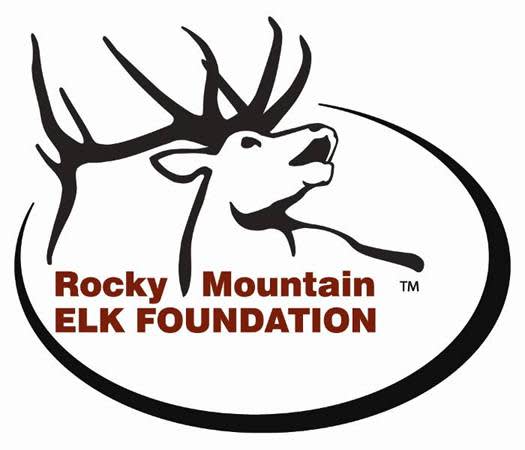RMEF Tops $400,000 in Grants to Advance Wolf Science
Rocky Mountain Elk Foundation 09.07.12

The Rocky Mountain Elk Foundation has topped $400,000 in grants and pledges to advance the science of wolves, wolf interactions with elk and other wildlife, and wolf management overall.
The total includes more than $200,000 in science grants in just the past five years, more than any other five-year period in RMEF history.
Nearly all of these contributions have funded independent research by universities, state and federal wildlife conservation agencies and Native Americans.
RMEF partners have included Yellowstone, Glacier and Grand Teton national parks, Jasper National Park of Canada, University of Idaho, Idaho State University, University of Montana, Montana State University, University of Wisconsin-Stevens Point, University of Wyoming, Nez Perce Tribe, U.S. Fish and Wildlife Service, National Elk Refuge, U.S. Forest Service, Bureau of Land Management, U.S. Geological Survey Biological Resources Division, Idaho Department of Fish and Game, Montana Department of Fish, Wildlife and Parks, Wisconsin Department of Natural Resources, Wyoming Game and Fish Department and others.
“RMEF has contributed to a tremendous body of scientific work with wolves,” said David Allen, RMEF president and CEO. “Today’s leading wolf experts, including those directly involved with wolf reintroductions since 1995, continue to say that restored wolf populations can and should be managed like other wildlife—and that’s the policy that RMEF strongly supports.”
To see RMEF’s wolf position and supporting comments from biologists, click below:
http://www.rmef.org/NewsandMedia/Wolves/WolfPosition.htm
Since launching in 1984, RMEF has contributed more than $7.8 million to various research and management studies. Evaluating elk habitat, using radio telemetry to measure herd movements and habitat preferences, developing computer models to assist with elk management, and measuring the effects of chronic wasting disease, habitat loss, weather and predators are among the many scientific areas advanced by RMEF funding.
Allen said he’s increasingly frustrated by environmental, animal rights and anti-hunting groups who tout science but contribute nothing, and often work to defy science by using emotional pleas and lawsuits to confuse wolf issues, mislead the public and make money.
“I’m proud that RMEF and its core membership of hunters stand on a solid record of supporting today’s most credible science on wolves, while helping to conserve more than 6.1 million acres of habitat along the way,” said Allen.
RMEF funding for wolf-related research: Total contribution: $407,295. Grant totals awarded by period: 2008-2012—$200,748, 2003-2007—$117,336, 1998-2002—$63,932, 1993-1997—$10,864, 1992 and earlier—$14,415.
Sample projects funded by RMEF:
2011—Research on elk calf survival, recruitment and cause-related mortality in Montana’s Bitterroot Valley.
2007—Research to measure effects of wolf predation on elk in Idaho’s Clearwater River basin.
2003—Research to measure elk calf recruitment in areas of large-scale wildfire and wolf reintroduction in Idaho.
2003—Research on predator-prey relationships to develop models for balanced management plans in Wisconsin.
2002—Research on effects of growing wolf populations on elk herds in hunted and non-hunted areas in Montana.
1999—Research to measure neonatal mortality of elk in areas with and without grizzly bears and wolves in Wyoming.
1999—Research on predation and interactions between wolves and mountain lions on winter ranges for elk, deer and bighorn sheep in Idaho.
1996—Research on elk survival rates in areas of wolf predation in Montana.
1996—Research on elk feeding efficiency and carrying capacity in areas of wolf reintroduction in Yellowstone National Park.
1990—Research on rates and sources of all elk predation (including human) to determine implications for big game management in Montana.
1989—Research on prey selection by wolves in multi-species systems including elk in Jasper National Park of Canada.

